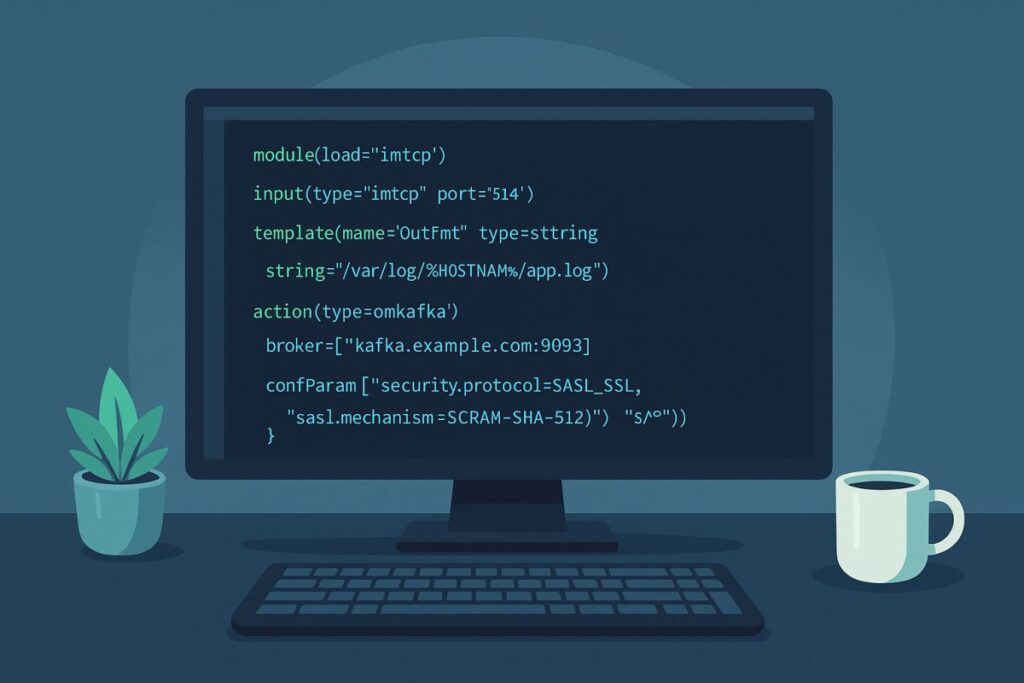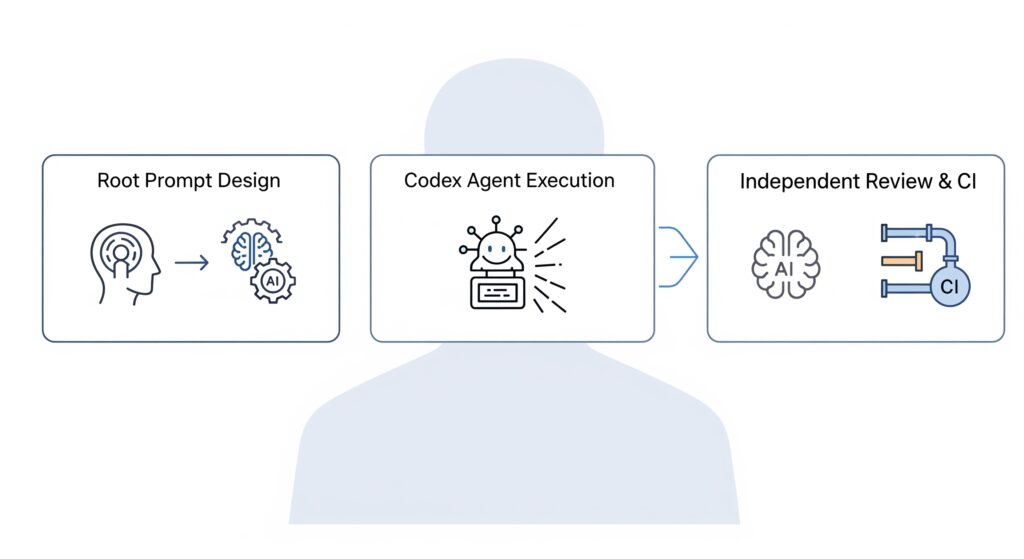Rsyslog project update: faster reviews, clearer process
Summary
We are tightening our contribution workflow to improve review speed and predictability. Expect reasonable turnaround times, not instant responses. This is rolling out now.
What changes now
- Initial PR look: Maintainer aims to glance at each new PR within 3 business days.
- AI review on PRs: Runs automatically on open. In our experience it is 90%+ correct and provides actionable items.
- Full review trigger: Deeper maintainer review typically follows when CI is green and AI items are fixed or clearly explained.
- Old issues policy: No mass closures. We are revisiting older items with AI assist and closing them for the right reasons, often by implementing what is needed.
- Labels and dashboards: We are formalizing labels (including good first issue) and lightweight dashboards to make navigation and triage easier. Details will follow in a separate post.
- Responsible AI First: We use AI to speed feedback, but only where it adds real value and the results make sense.
rsyslog 8.2508.0 (2025.08) – release announcement
Download: https://www.rsyslog.com/files/download/rsyslog/rsyslog-8.2508.0.tar.gz
Project-provided packages are building now and are expected later today. Ubuntu PPAs are already done.
We are excited to ship a large and meaningful rsyslog release. This cycle advances our responsible “AI First” strategy and moves decisively toward cloud native operations. It also delivers major quality, security, and documentation improvements.
Continue reading “rsyslog 8.2508.0 (2025.08) – release announcement”New Notification Channels for Rsyslog News
There are now two additional ways to get rsyslog news:
These channels are operated by maintainer Rainer Gerhards. They are meant for people who find it convenient to receive rsyslog updates via messenger platforms.
Continue reading “New Notification Channels for Rsyslog News”Introducing the rsyslog commit AI assistant
We are adding a new helper to our Responsible AI First toolbox: the rsyslog commit (message) assistant. It is an optional ChatGPT Custom GPT that helps contributors write clear, policy-compliant commit messages faster. You stay in full control. Nothing in your workflow changes unless you want it to.
It follows our responsible “AI First” strategy and is optional, transparent, and keeps the human in full control.
- Use it in your browser: https://www.rsyslog.com/tool_rsyslog-commit-assistant
- Review its exact behavior (full transparency):
https://github.com/rsyslog/rsyslog/blob/main/ai/rsyslog_commit_assistant/base_prompt.txt - Discuss and give feedback: https://github.com/rsyslog/rsyslog/discussions
Backticks in RainerScript just got smarter: ${VAR} and adjacent text now work
TL;DR
Backticks with echo in RainerScript now support brace-style environment variables (${VAR}) and adjacent text (e.g., `echo sasl.password=${KAFKA_PASSWORD}`). This removes a common pitfall when assembling key=value pairs for modules like omkafka. It’s still a limited, intentional subset—not a full shell. The change was motivated by real-world confusion reported in issue #5827. (GitHub)

Shipping Better Docs with AI: Restructuring Module Parameters for Clarity and Consistency
As you may know from past articles, we’re in the process of a major documentation overhaul. I wanted to share a focused task we’ve been working on over the past couple of days. This effort highlights our practical, responsible approach to an “AI-First” strategy, where AI is a powerful tool guided by human expertise, not a replacement for it.

Clarifying “AI First” – What It Really Means for rsyslog
TL;DR:
The rsyslog project is embracing AI First (Human-Controlled) — AI is becoming an integral partner across development, documentation, user education, technical support, deployment guidance, and future observability tools. This does not mean “vibe coding” or letting AI run unsupervised. Instead, AI accelerates routine work, drafts ideas, and provides insights, while Rainer Gerhards — with decades of battle-tested experience in IT, system logging, and software engineering — and the team remain in full control of strategy, design, and quality.
AI is improving rapidly, and we foresee delegating larger tasks (even parts of code design) to AI over time — but always with humans setting direction and standards.

Rsyslog Documentation Enters a New Era with AI-First Strategy
TL;DR: We are rolling out a major documentation overhaul for rsyslog, powered by an AI-first strategy. This is the next step after our 2024 announcement on documentation and AI. At that time, AI tools were not yet ready for large-scale improvements, but with recent advances, we’ve accelerated our work. The result: a much more accessible, modern, and maintainable documentation set.

rsyslog Goes AI First — A New Chapter Begins
After 24 months of focused evaluation and careful experimentation, we’re excited to announce a major shift in the evolution of rsyslog: we’re going AI First.
For those who love more details, please the the more in-depth description of AI First.
This marks the beginning of a strategic transformation in how we design, develop, and support rsyslog and its ecosystem. While today’s post is just a short announcement, it lays the groundwork for a series of updates to follow — including deep dives into what we’re doing, why, and how it benefits you.

Revitalizing Rsyslog with Docker: A New Era of Log Management
We’re excited to announce a renewed focus on the rsyslog Docker project, bringing you robust, flexible, and easy-to-use containerized solutions for your logging needs. This isn’t just a refresh; it’s a reimagining of how rsyslog can integrate into modern, containerized environments.

